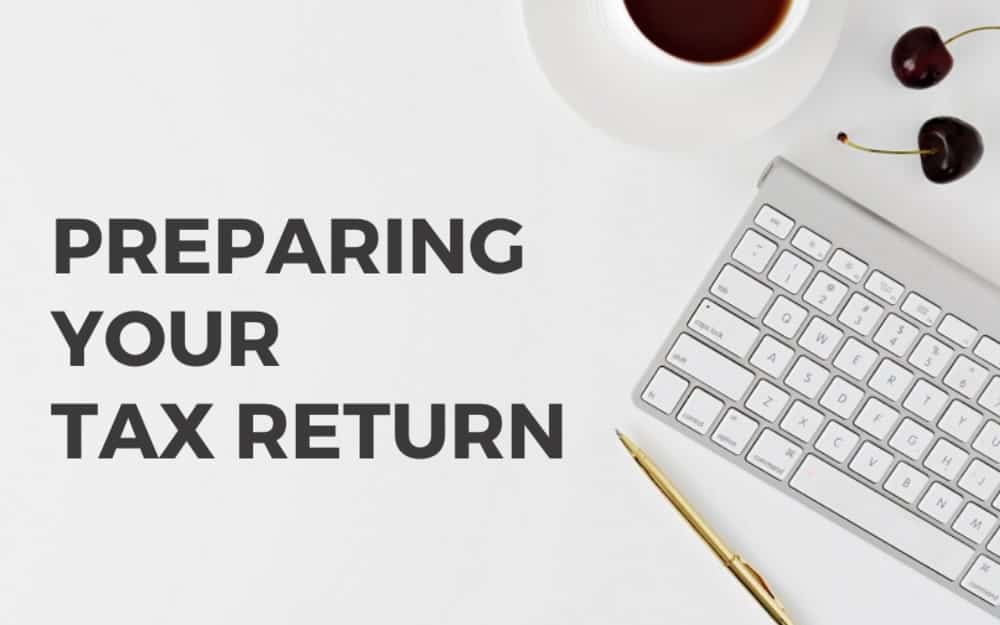
As we embark on the start of the new financial year, it is time to wade through last years’ receipts and complete your tax return.
Last year was a different experience for most of us, and one which will have an impact on the way our tax returns are completed.
The following items are things which you should look out for when claiming deductions for work-related expenses:
- You must have spent the money yourself and not have been reimbursed.
- The expense must be directly related to earning your income.
- You must have a record to evidence the incurred expense.
- You are only eligible to claim the work-related portion of an incurred expense. (For example: if an expense is related to both work and personal use, the expense must be apportioned based on how it is used, so that the claim is made only for the work-related portion.
Further information on how to claim deductions for other work-related expenses, such as clothing, working from home, depreciating assets and self-education can be found in the ATO factsheet here.
Keeping Your Records
If you are claiming any work-related deductions, you must have records to prove how you have calculated your claim. Records such as receipts from the purchase of any goods or services, must be kept for a period of 5 years from the day you lodge your tax return, and must include the following information:
- The name of the supplier
- The amount of the expense
- The nature of the goods/services
- The date the expense was paid
- The date of the document.
The records you keep don’t need to be in paper form however, any receipts that are stored electronically such as photos/scans of receipts, are recognised by the ATO as documents. The ATO also recognise the myDeductions App which allows you to photograph and keep your records electronically. The app even has the capability to send your records directly to your Tax Accountant.
If you are unable to obtain a receipt for goods/services purchased, you may still be able to claim a deduction if the ATO are satisfied that the nature and quality of the evidence provided shows that money was spent and is a valid work-related deduction. Evidence can include bank/credit card statements showing the amount paid and who it was paid to, as well as other documents which show the nature of the goods/services provided. This however is at the ATO’s discretion.
Car Expenses
If you use your own car (whether owned, leased or hired) for work purposes, you can claim a deduction using either the ‘cents per kilometre’ or ‘logbook’ methods.
You are eligible to claim a deduction for car expenses if you use your car to:
- Perform work responsibilities.
- Attend work-related meetings or conferences, away from your usual place of work.
- Travel directly between two separate places of employment if neither place is your home.
- Travel from your home to an alternative workplace and then to your normal workplace.
- Travel from your normal workplace to an alternative workplace and back to your normal workplace.
- Performing work at changing places of employment (For example: you regularly work at more than one site each day before returning home).
The ATO factsheet for understanding how to claim work-related car expenses can be viewed here.
Keeping a Travel Diary
Travel expenses are deductible when you travel while performing your work-related responsibilities. This includes the cost of driving your car, flying, catching a train, or taking a taxi.
Accommodation costs, meals and other small expenses are also deductible when you are required to be away from home overnight whilst performing your work-related responsibilities.
To be eligible to recover the above costs you must keep all receipts or other written evidence of all incurred travel expenses. If your trip extends for 6 or more consecutive nights, then you are also required to maintain a travel diary in addition to the receipts.
A travel diary is a record of all travel and activities undertaken during the duration of the trip and should be undertaken daily and be logged either in paper or electronic format. The travel diary should include:
- Where you were.
- What you were doing.
- The times that the activities started and ended.
- The travel diary must be written in English.
The ATO factsheet for understanding how to claim work-related travel expenses can be viewed here.
As always, we are here to help you. So, for further assistance with completing your tax return, or for information regarding how to claim any eligible work-related expenses, please contact us today on 02 9299 2292, or myaccountant@moneyclip.com.au.